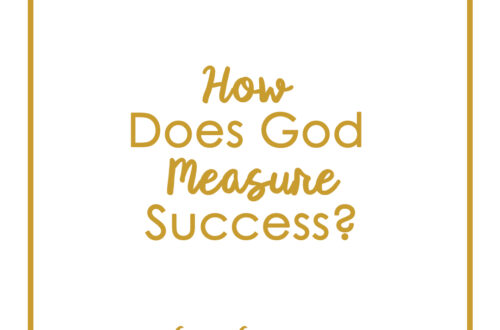Dialoguing Like Jesus
“Why is the sky blue?” I asked. “Because God made it that way” was the classic answer. But I was never satisfied with that answer. “Why did God make it that way?” I continued. “I don’t know,” replied the poor adult. To which I replied, “Well, why not?” Some of my family members have joked that my favorite word as a child was “why.” Like many children, I asked a lot of questions, and honestly, I am sure I annoyed a few people a time or two.
When I read the Gospel accounts, I marvel at the skillful way in which Jesus asked questions. He wins the award for best questions hands down! He knew what type of questions to ask and the best way to go about it.
One of the secrets to good question asking is good dialogue. When Jesus met the Samaritan woman at the well, he asked her for a drink of water. When she expressed surprise, he creatively led the conversation down a spiritual path.
Several charateristics of Jesus made him good at dialogue. David Benner, in his book “Care of Souls”, suggests several qualities about Jesus that stood out in his ministry: he met people where they were; he was compassionate; he dealt with each person uniquely and individually; he was never coercive or manipulate; he spoke in ordinary language; he gave himself, not just advice; and he invited engagement, not just passive receptivity.
Some of us excel in our communiation. We naturally have some of these same characteristics that enabled Jesus to talk with people. In fact, we could probably talk back and forth with a rock and make it look good. But most of us could stand to improve. Here are a few questions to consider when it comes to dialogue:
- Do people feel that they can trust me? Do I keep secrets?
- Do I talk with people as if were were on the same playing field, or do I constantly try to show them that I am smarter and wiser?
- When I talk with people, do I keep the conversations too formal? Do I need more spontaneity?
- Do I show respect for others by embracing differences?
- Is the format of my conversation primarly statements, or do I incorporate questions into my dialogue?
- Do I view knowledge as a gift or as a weapon to tear people down?
- Do I focus more on what I know or what I can learn?
- Am I willing to take risks in my conversations, or do I avoid risks altogether?
- Are questions used in order to deepen understanding or with some sort of secret agenda?
- Do I actively listen, or am I busy thinking about what I will say next?


